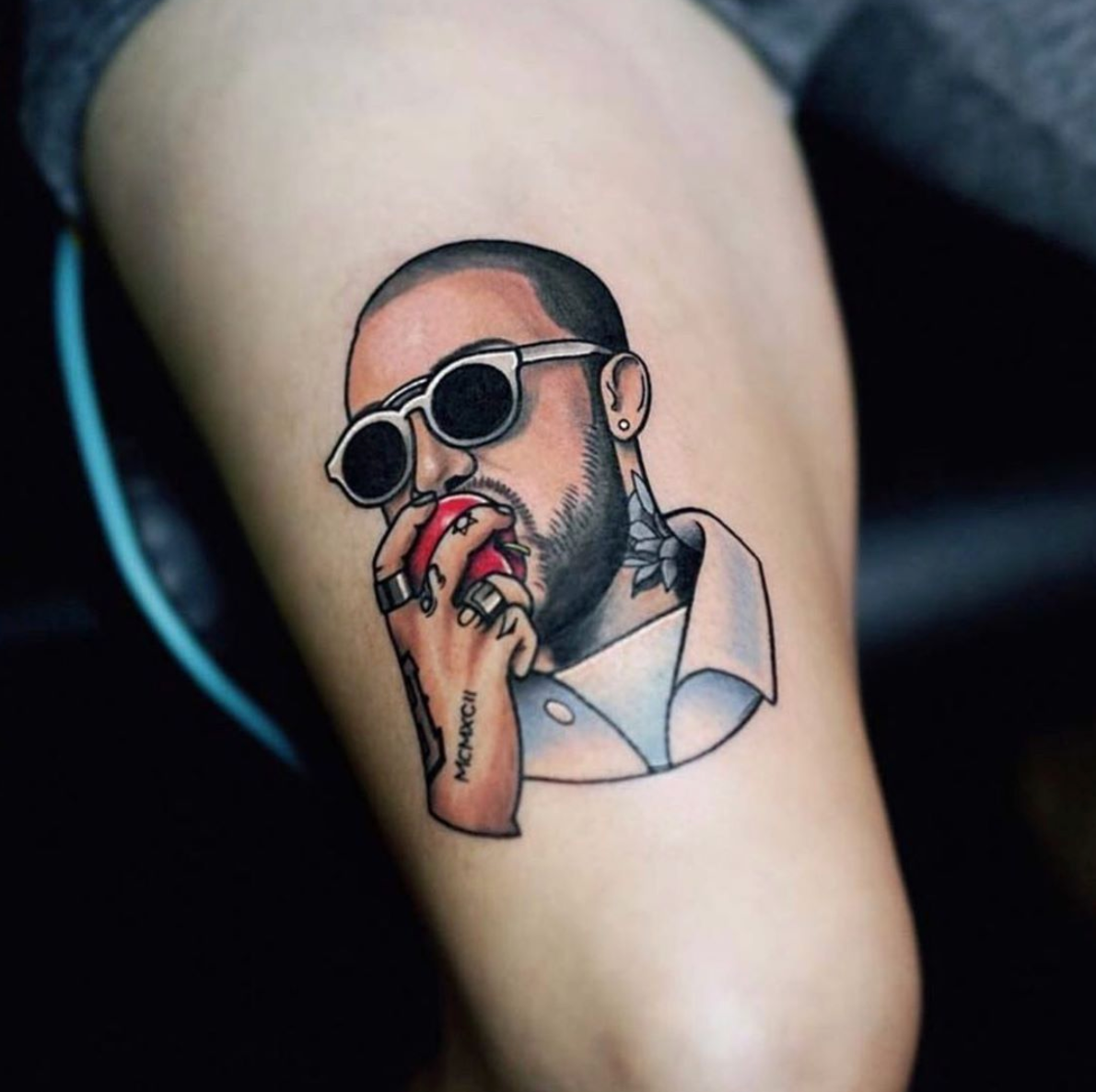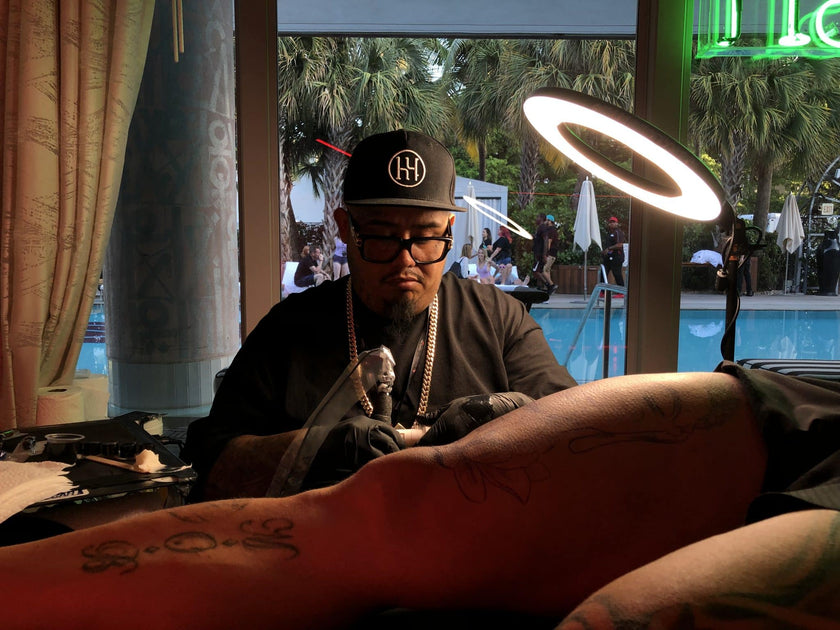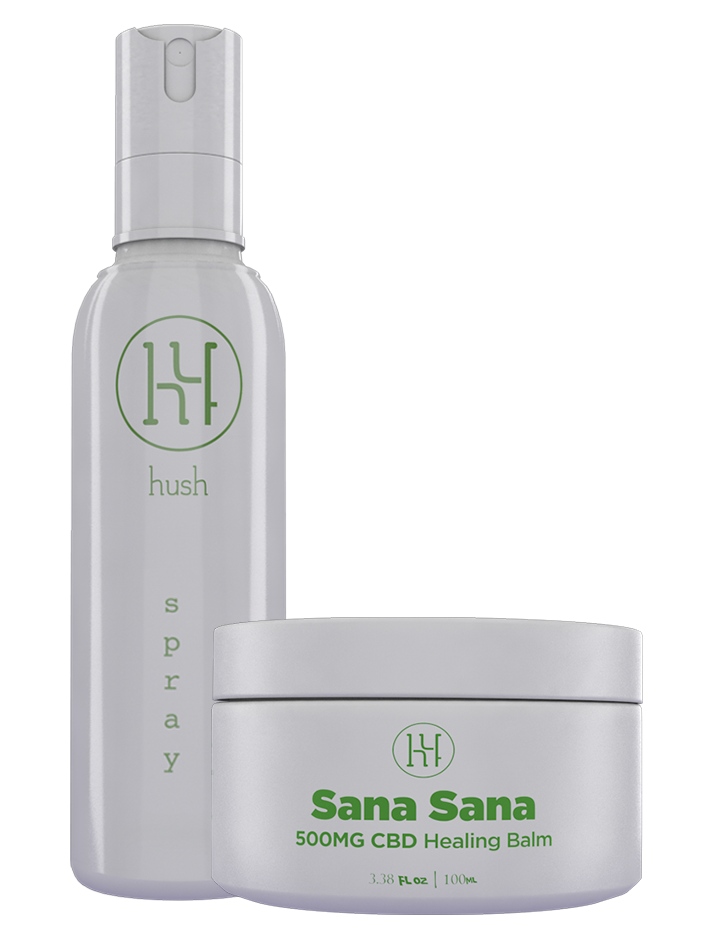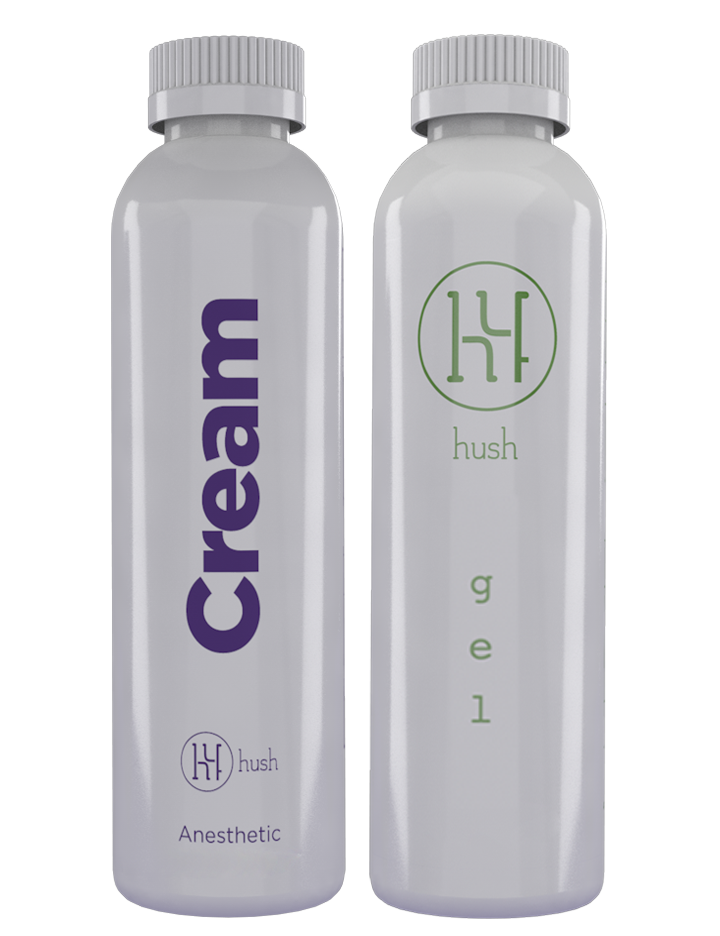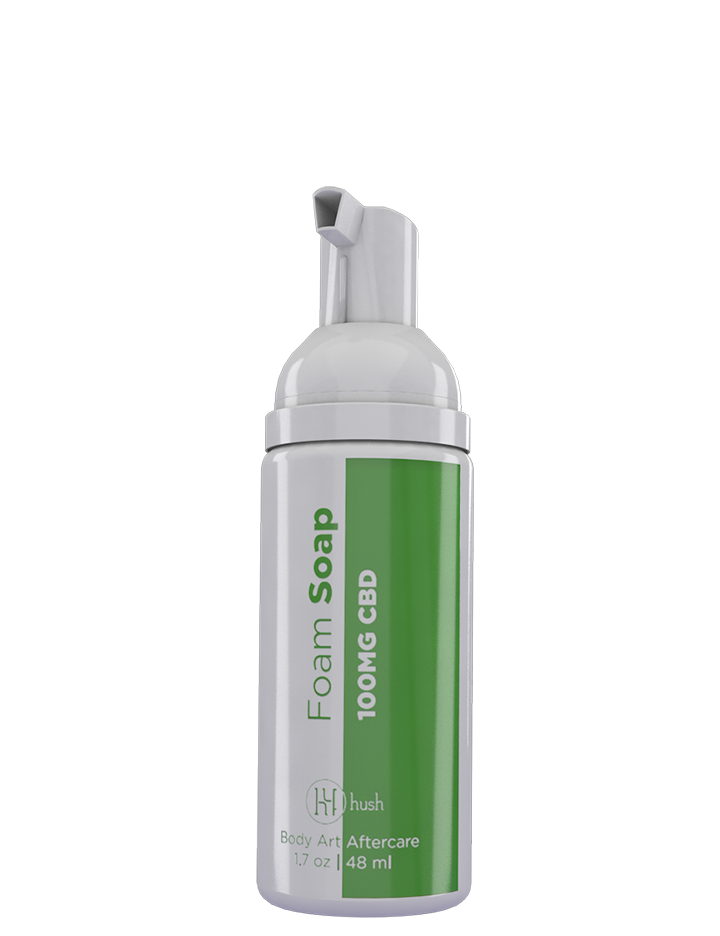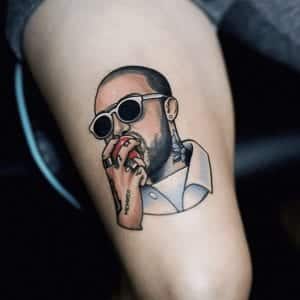
Tattoo by @tatu_panda
It's now easier than ever to get inked but the hazards are still present and tattoo safety shouldn't be taken lightly. Having a grip of your safety and post-tattoo care is very important. Yes, it only takes a few hours to have it done but it shouldn't keep you from contemplating about it carefully.
How Tattoos Are Created
It is a permanent design placed on your skin's uppermost layer, inserted through pricking. Nowadays, a tattoo artist would use a machine to deliver the ink, repeatedly piercing your skin like a sewing machine, while frequently applying topical numbing spray. This is a process that gives a significant amount of pain and bleeding.
Know the Hazards
Having yourself inked means you will have a wound and if not taken care properly and safely, it will be prone to infection and other aggravations like:
- Allergic responses. Blue, yellow, green, and red tattoo dyes might cause your skin to have allergic reactions, like itching or rashes. It may even happen years after having it done.
- Skin complications. Infection would likely appear if improper wound care is not being done.
- Other skin complications. At times, granulomas or bumps begin to form around the tattoo. Other people may develop keloids or scar tissue overgrowth.
- Blood borne maladies. If the needle used during the process is contaminated blood infected with a blood borne disease, you may contract hepatitis B, hepatitis C, or even tetanus!
- MRI complexities. On rare cases, tattoos may give a sensation of burning or swelling once exposed to magnetic resonance imaging or MRI exams. Sometimes, the ink may keep the exam from obtaining a high quality image. Treatments or medications might be administered to prevent allergic reactions to happen, or prevent development of infections or skin problems.
Prepare Yourself
Take an ample amount of time to think over undergoing this painful procedure. If you have doubts about it, give yourself more time. If you can't bear to experience all the pain, you may want to use topical anesthesia. It doesn't prevent all the pain though but at least, the pain would be lesser and much tolerable, especially if you have a very low tolerance to pain. Always remember that you shouldn't be too pressured to have it and never ever get a tattoo if you are under the influence of drugs or alcohol because it may interfere with the anesthetic effects of the topical anesthetic of your choice. Once you have decided which design you prefer and what area of your body to place it, take note if it will be visible or covered in clothing. Also take note that distortion of the tattoo may happen when you gain weight or when your skin stretches, like what happens in your abdominal region during pregnancy.
Always Stay Safe
To ensure your safety, ask yourself:
- Who is the artist? Does he have a good reputation? Does he use a tried-and-tested topical anesthetic gel? Is he or she licensed and has passed the requirements of the state? Always check the records from your city, health department, and information or licensing regulators.
- Does the tattoo artist ensure cleanliness of procedure by donning gloves? Does he or she wash hands and change gloves upon every procedure?
- What king of equipment fo they use? Does he or she remove the tubes and needles from properly sealed packages before the session begins? Are the pigments, containers, and trays unused and sterile?
- Do they sterilize non-disposable apparatus or devices? Does he or she have an autoclave machine and regularly sterilized equipment before every use? Is it disinfected with bleach or commercial-grade disinfectant?
Keep Your Tattoo in Tip Top Shape
How well you care for your tattoo will determine its healing process. As much as the tattoo itself is important, tattoo aftercare is nonetheless very important as well. You must: Take off the bandages after a day. Aside from numbing cream for tattoos, always be reminded to apply antibiotic cream to keep it from infection. Keep the wound clean. Wash it with a mild soap with antibiotic properties and pain relieving cream of your choice afterwards. Keep it from getting wet for a few days. Just pat it dry and never rub it. Keep your skin moisturized. Apply a mild lotion or moisturizer several times every day, even years after the session has been made. As much as possible, keep it from sun exposure. While the wound is still fresh, keep it out from the sun for about a few weeks. As mentioned earlier, it must stay dry most of the time so avoid swimming. Yes, it would be advisable to stay away from swimming pools, lakes, oceans, rivers, and even your bath tub! Wear loose clothing and keep it from rubbing your tattoo. All wounds do heal. No matter how tempting, do not pick on any scab formation because it may cause infection or worse, damage your design! If it seems that your tattoo is not healing properly or has got infected, contact your physician immediately. If the tattoo needs to be removed, consult your favorite dermatologist if applying the best tattoo removal cream or having a laser surgery is best for you.
